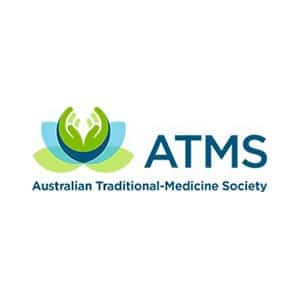Osteoporosis is a common condition that affects over 1 million Australians. Osteoporosis occurs when your bones lose minerals, such as calcium, more quickly than the body can replace them, leading to frail bones and a higher risk of fractures. Fractures can lead to chronic pain, disability, loss of independence and even premature deaths. This debilitating condition leads to many hospitalisations in the elderly, however young males and females are also at risk.
Low calcium intake can be a risk factor for osteoporosis, and common in lactose intolerant individuals. Adults require 1000mg of calcium per day which can be achieved by an intake of 3 serves of dairy such as 200g tub of yoghurt, 40g of cheese and 250mL of milk. Other calcium rich foods include bony fish such as salmon or sardines, tofu, broccoli and chickpeas.
Less than half of all Australian adults get their daily recommended intake of calcium. Osteoporosis Australia recommends you obtain your required calcium intake from your diet, however, when this is not possible a supplement may be required and is recommended in doses of 500 – 600 mg per day.
Vitamin D is also an important nutrient in the prevention of osteoporosis via its ability to increase the absorption of calcium through the intestinal walls. Most of our vitamin D is absorbed from the sun through the skin. The prevalence of Vitamin D deficiency is on the rise as the reliance on broad spectrum sunscreen increases for protection from the sun. This means that the body cannot absorb any Vitamin D through the skin and therefore leads to a deficiency. Allow yourself 10 minutes in the sunshine each day to get all the vitamin D necessary for efficient calcium absorption.
Women are at greater risk of developing osteoporosis due to a rapid decline in the hormone oestrogen levels during menopause. When oestrogen levels decrease, calcium is leached from the bones at a faster rate, resulting in a decrease in bone mineral density and therefore bone strength. Men are also at risk of osteoporosis, however testosterone levels in males decline at a slower rate and are therefore generally at risk later in life. The recommended daily intake of calcium increases to 1300mg in women over the age of 50 and men over the age of 70.
Those with thyroid conditions, celiac disease, inflammatory bowel disease, rheumatoid arthritis, chronic liver or kidney disease, as well as those on medications for certain types of cancer, epilepsy and some antipsychotics are at greater risk of osteoporosis so it is important to check with your GP if you have any concerns.
Lifestyle factors such as low levels of physical activity, smoking, caffeine and alcohol intake can also increase your risk of developing osteoporosis. These lifestyle factors can be changed through improved diet and activity level, therefore it is important that you check with a nutritionist to ensure you are absorbing all the nutrients you need for healthy bones.
If you have any questions regarding the above information, or need help with your particular situation, please contact Back To Basics Chiropractic™ at our Kogarah or Parramatta clinics.





